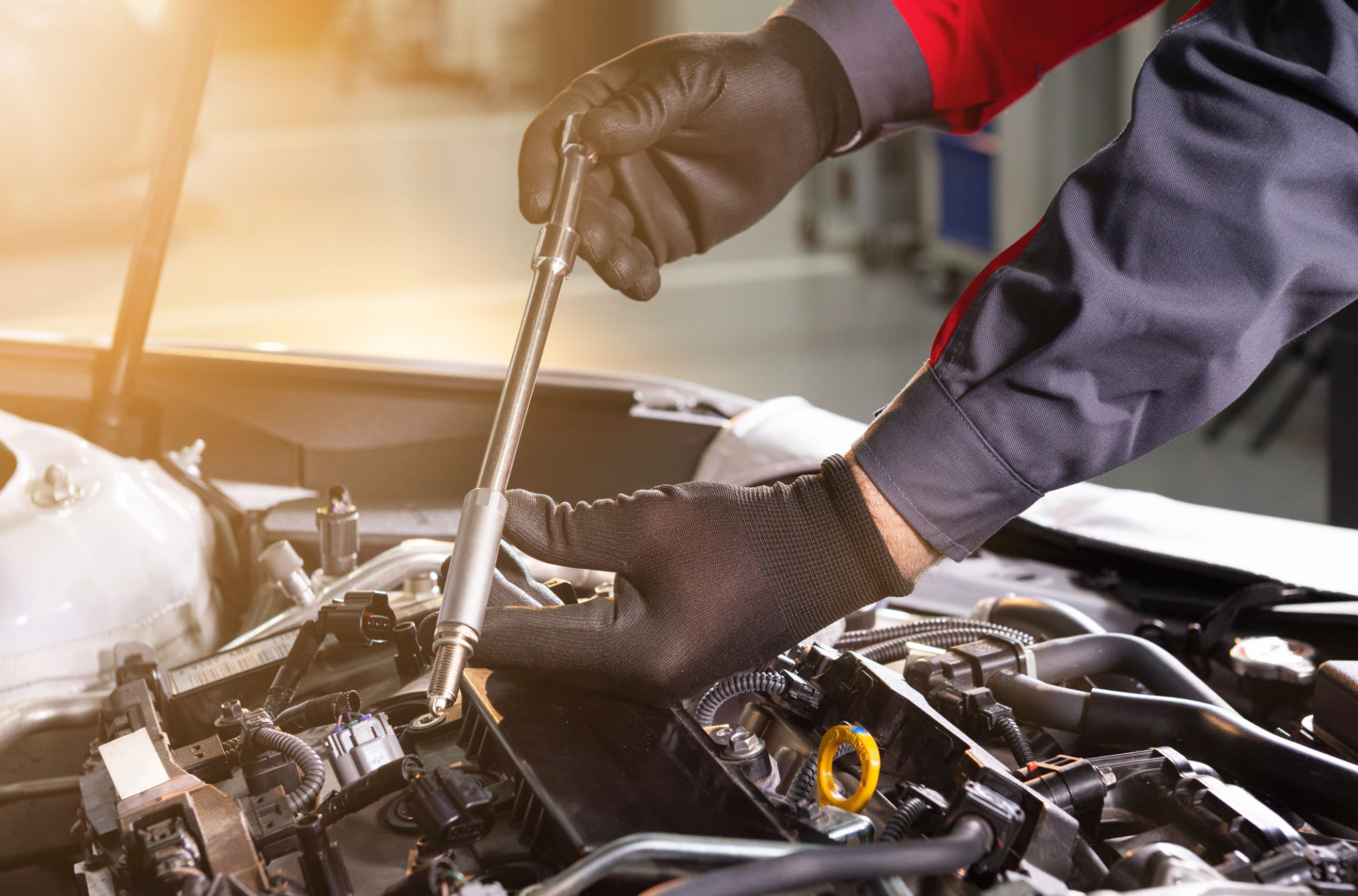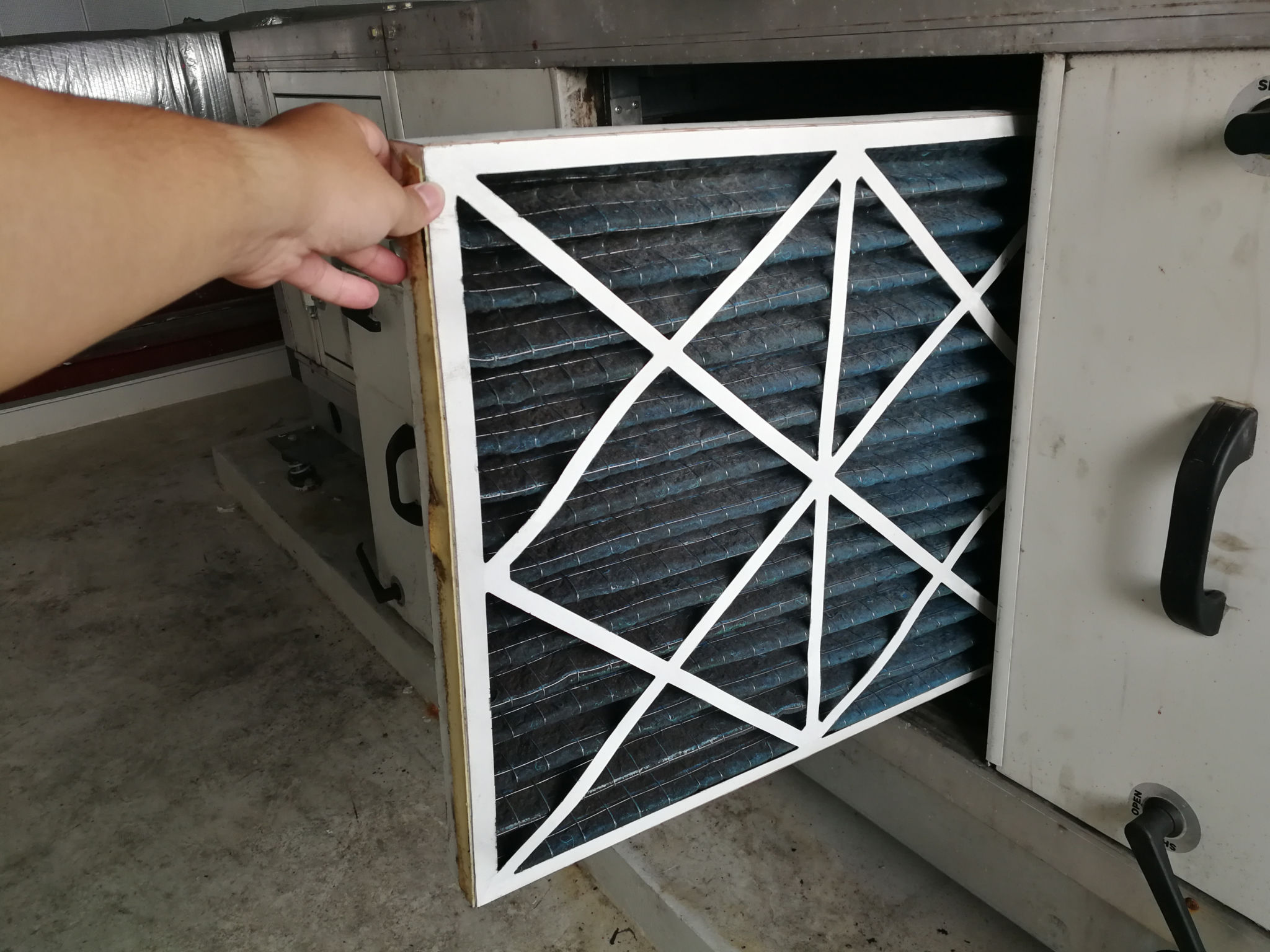DIY Car Care: When to Try It Yourself and When to Call the Experts
Understanding the Basics of DIY Car Care
The allure of DIY car care lies in the satisfaction of maintaining your vehicle while saving money. With the right tools and a bit of know-how, you can tackle many routine maintenance tasks. These tasks often include oil changes, air filter replacements, and checking fluid levels. Not only does this empower car owners, but it also ensures the vehicle runs smoothly.
However, diving into car maintenance without proper knowledge can lead to costly mistakes. Understanding your limitations is crucial in determining when to handle repairs yourself and when to call in the experts. Let’s explore some common situations.

Simple Maintenance Tasks You Can DIY
Changing Oil and Filter
Changing your car's oil and filter is one of the most straightforward DIY tasks. With a few basic tools and a little patience, you can ensure your engine runs efficiently. Be sure to follow your vehicle's manual for the recommended oil type and change intervals.
Replacing Air Filters
Replacing the air filter is another easy task that requires minimal tools. A clean air filter can improve your car's fuel efficiency and performance. Most air filters are accessible and can be changed in a matter of minutes.

When to Call the Professionals
Complex Engine Repairs
While some engine issues might seem tempting to tackle on your own, it's often best to leave complex repairs to professionals. Modern engines are intricate, and diagnosing problems without proper equipment can be challenging. Attempting such repairs could result in more damage.
Brake System Maintenance
Brakes are crucial for safety, so any issues beyond simple pad replacements should be handled by a professional. This ensures that all components are thoroughly inspected and any potential problems are addressed correctly.

Safety First: Know Your Limits
Before attempting any repairs, it's important to assess your skills honestly. Working on a car can be dangerous, especially if you lack experience or the right tools. Always prioritize safety and when in doubt, consult a professional mechanic.
Many local auto shops offer free consultations or diagnostics, providing valuable insights into your car's condition without immediate commitment to service. This can help you make an informed decision about whether to proceed with DIY repairs or enlist expert help.

Conclusion: A Balanced Approach
Ultimately, the key to successful car care is finding a balance between DIY efforts and professional maintenance. Regularly handling simple tasks can save money and extend the life of your vehicle, but knowing when to step back and seek professional assistance is equally important.
By maintaining this balance, you can enjoy both the satisfaction of DIY maintenance and the peace of mind that comes with expert care. Remember, whether you're changing an air filter or addressing engine issues, knowledge is your most valuable tool in car maintenance.
